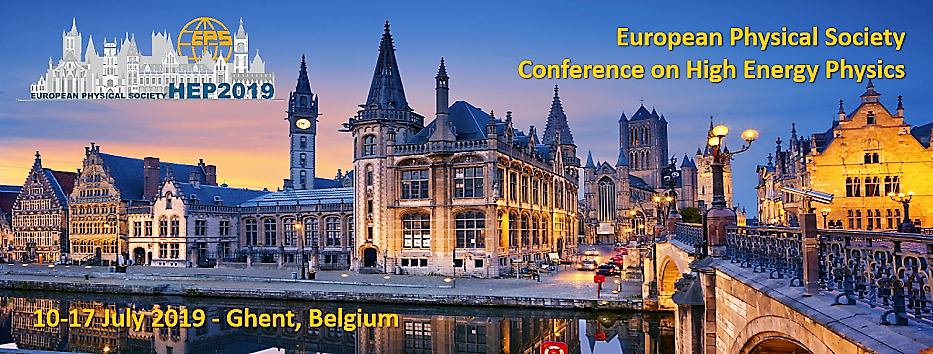Speaker
Description
Perform data analysis and visualisation on your own computer? Yes, you can! Commodity computers are now very powerful in comparison to only a few years ago. On top of that, the performance of today's software and data development techniques facilitates complex computation with fewer resources. Cloud computing is not always the solution, and reliability or even privacy is regularly a concern. While the Infrastructure as a Service (IaaS) and Software as a Service (SaaS) philosophies are a key part of current scientific endeavours, there is a misleading feeling that we need to have remote computers to do any kind of data analysis. One of the aims of the ATLAS Open Data project is to provide resources — data, software and documents — that can be stored and executed in computers with minimal or non-internet access, and in as many different operating systems as possible. This approach is viewed as complementary to the IaaS/SaaS approach, where local university, students and trainers' resources can be used in an effective and reproducible way — making the HEP and Computer Sciences fields accessible to more people. We present the latest developments in the production and use of local Virtual Machines and Docker Containers for the development of physics data analysis. We also discuss example software and Jupyter notebooks, which are in constant development for use in classrooms, and students’ and teachers' computers around the world.
